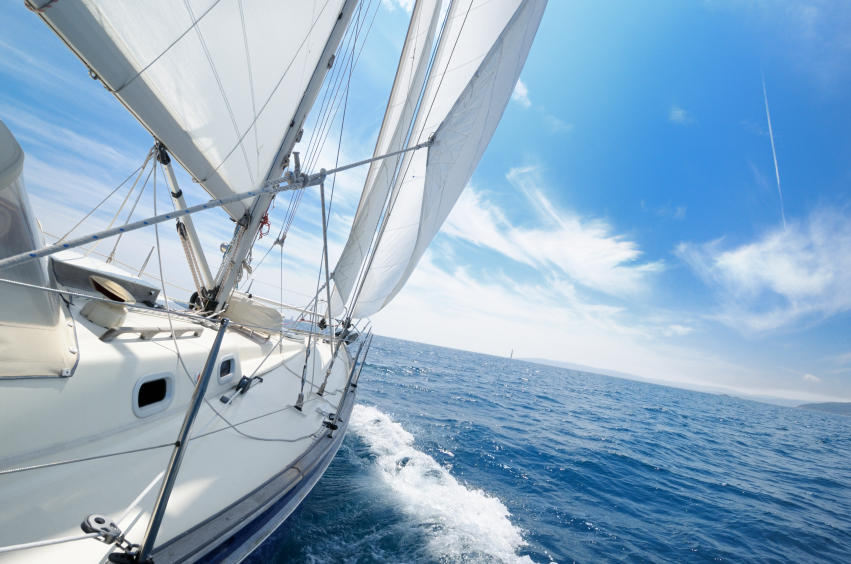
Finding and maintaining balance during meditation resembles sailing in several important respects. The first and most important is balance. Trimming the sails and constantly adjusting the heading with the tiller are very similar to the cybernetic self-correction between relaxation and alertness that clarity in meditation requires. When you do so, the result is balanced power, efficiency, grace, and performance. A second similarity is focus. Balancing a sailboat, as well as the mind in meditation, requires ongoing, consistent focus. This does not have to be work, but it is vigilance and witnessing. A third shared aspect is strength, particularly endurance. The quality of the construction of the sailboat makes a difference in how she answers the helm. The main “quality of construction” in meditation is the nature of your practice and the structure that it provides for both balance and growth. Both learning to sail and learning to meditate require practice, which is a fourth similarity. Both competence and confidence grow with practice. Having the right type of practice makes a huge difference in mastering meditation. It allows you to find and maintain balance, develop and stay focused, develop and maintain endurance, and then to generalize these skills into your everyday mind so that you sail the waters of life with joy and confidence, no matter how turbulent they may be.
Integral Deep Listening takes all these factors into account in its approach to meditation, which it views as an essential skill for finding and following your inner compass. For more information, see Waking Up.
